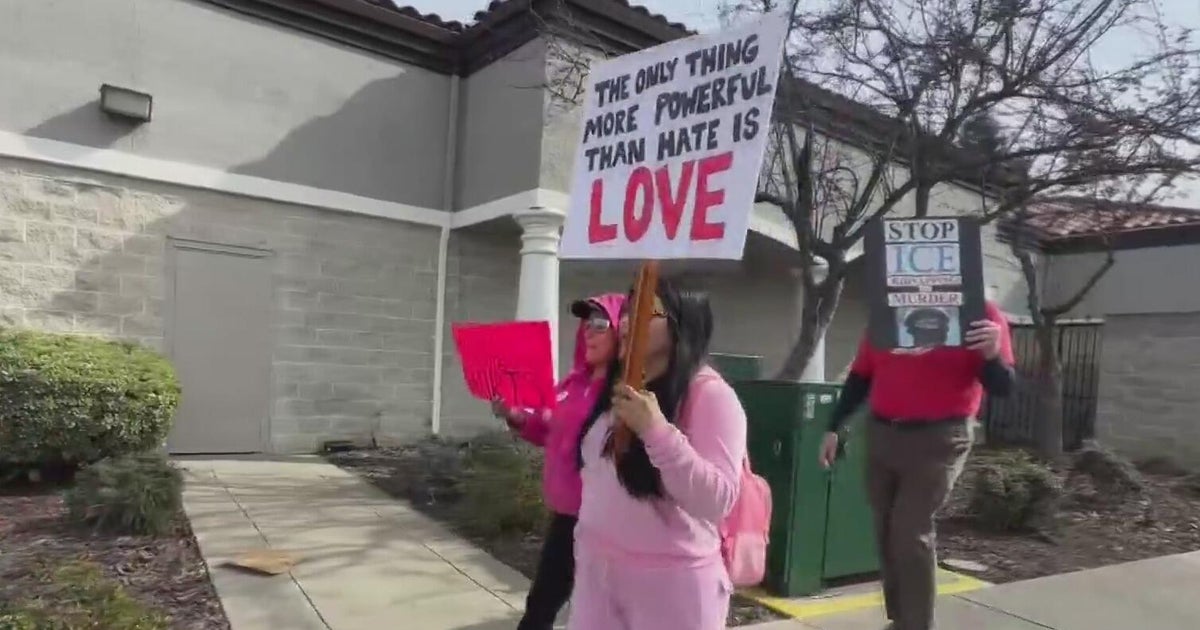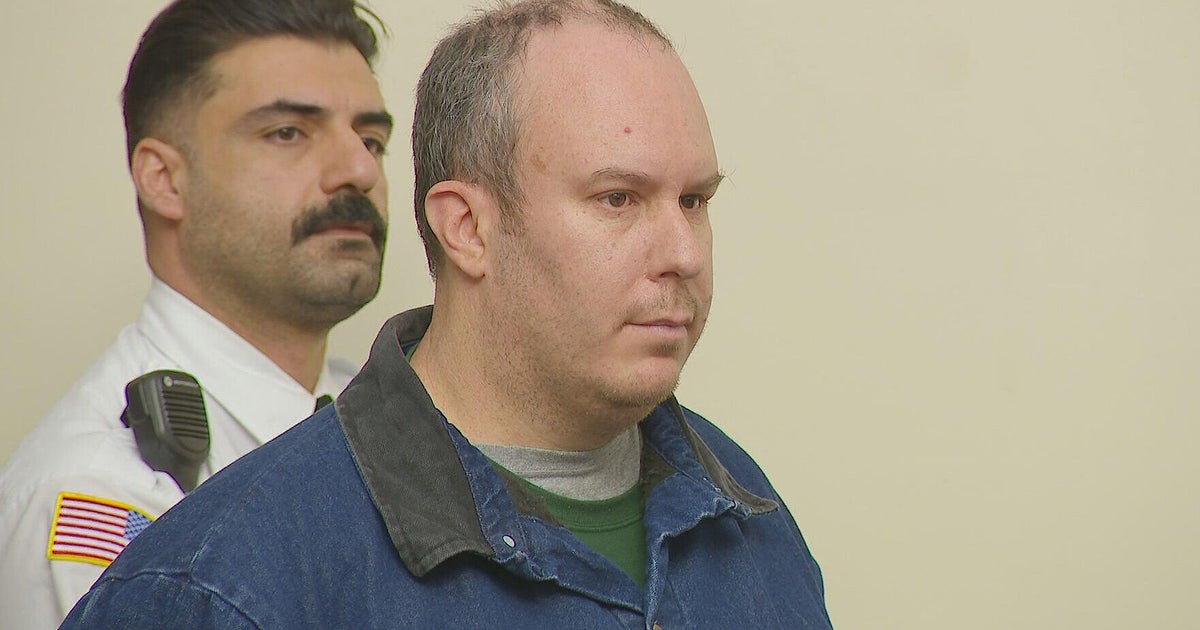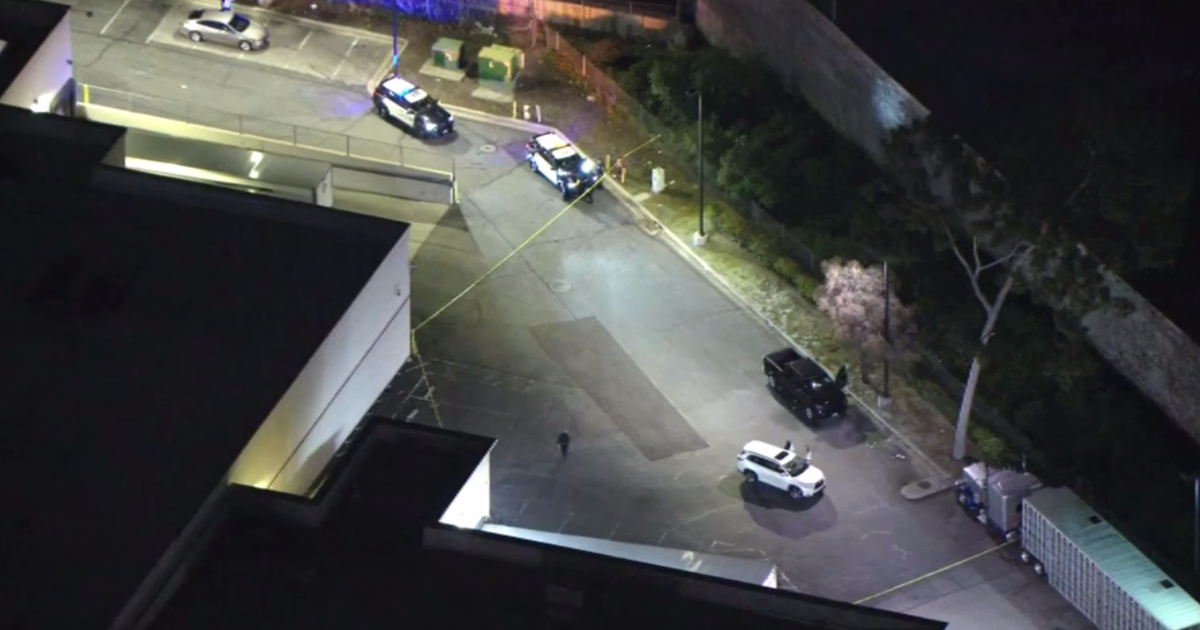Convicted Rapist From Boston Seeks Accuser's Crisis Center Records
BOSTON (AP) — A Boston man convicted of raping his former girlfriend is asking the state's highest court to grant him access to records from a rape crisis center she visited so he can argue she had a motive to lie about the attack, a request that is drawing strenuous opposition from advocates for rape victims.
Tyrone Sealy was convicted in 2007 of raping a woman he had dated. The woman, an immigrant from Trinidad and Tobago, told police Sealy raped her in his mother's home after she broke off their romantic relationship and told him she wanted to remain friends.
Several days after the attack, the woman sought advice from a lawyer at the Boston Area Rape Crisis Center and reported the rape to police the next day.
Sealy's appellate lawyer wants to see the records to argue that the woman had a motive to lie about the attack because she had received an immigration benefit years earlier when she reported a different attack. The lawyer says she applied for a visa after reporting that Sealy raped her.
Victims' rights advocates say the woman's records are protected by attorney-client privilege and should not be disclosed to Sealy. They say giving Sealy the records could make other rape victims afraid to come forward.
"If the court was to say you can have access to these records, it could have far-reaching implications," said Susan Finegan, an attorney who submitted a friend-of-the court brief on behalf of three groups who help victims of rape and domestic violence.
The Associated Press does not typically identify victims of sexual assaults.
Sealy's lawyer argues that his client's constitutional right to confront witnesses testifying against him was violated when the judge refused to allow him to fully cross-examine the woman.
During Sealy's 2007 trial, Sealy's lawyer questioned the accuser on whether she was afraid of being deported. After reporting the rape, the woman applied for a special visa that allows victims of certain crimes, including sexual assault, to remain in the country for a period of time while they are cooperating in the prosecution.
The woman testified that she had received a temporary work authorization permit to stay in the U.S. in 1990.
The judge then questioned her with the jury out of the room, and she revealed that she had received the work permit while she received therapy for an incident in which "someone hurt (her)" in a sexual manner. The woman did not characterize the incident as a rape or go into detail about what happened, and she didn't report the incident to authorities.
"This testimony in no way amounted to a 'plausible showing' that she had previously alleged rape (truthfully or falsely), let alone that she had received an immigration benefit for doing so," Assistant District Attorney Amanda Teo argued in a legal brief.
Sealy's lawyer wanted to use the information to argue that the woman had a motive to lie about Sealy raping her.
"As a result of the prior incident, she learned — whether it was true or not — that a claim of sexual assault would allow you some sort of legal status to remain in the United States," said James Reidy, Sealy's appellate lawyer.
Prosecutors said the trial judge allowed Sealy's lawyer to question the woman on her motivations and timing in reporting the rape by Sealy and to explore the impact of the visa on her decision. They said Sealy's lawyer was unable to show a connection between the work permit the woman received after the 1990 report and her application for a visa after she said Sealy had raped her in 2006.
The woman told the judge that her temporary work permit had expired in 1992, when the therapy ended, and that she had lived illegally in the U.S. since then.
"There is no evidence that immigration authorities were aware of her situation, let alone that she had an immediate and compelling fear of deportation that would have led her to make a false allegation of rape to stay in the country after living and working illegally her for over two decades," Teo argued in the brief.
Reidy said he will ask the court to find that the trial judge erred in denying Sealy access to the records. If Sealy is given access to the records, he hopes to use them in his motion for a new trial. He was sentenced to four to five years in prison and three years of probation.
Prosecutors say keeping attorney-client conversations confidential is especially important in rape cases.
"The defendant was able to cross-examine the victim at trial on her allegations. There is no justifiable strategy that would bring her privileged statements about that attack into play," said Jake Wark, a spokesman for Suffolk District Attorney Dan Conley.
The court will hear arguments Jan. 9.
Copyright 2013 The Associated Press. All rights reserved. This material may not be published, broadcast, rewritten or redistributed.






